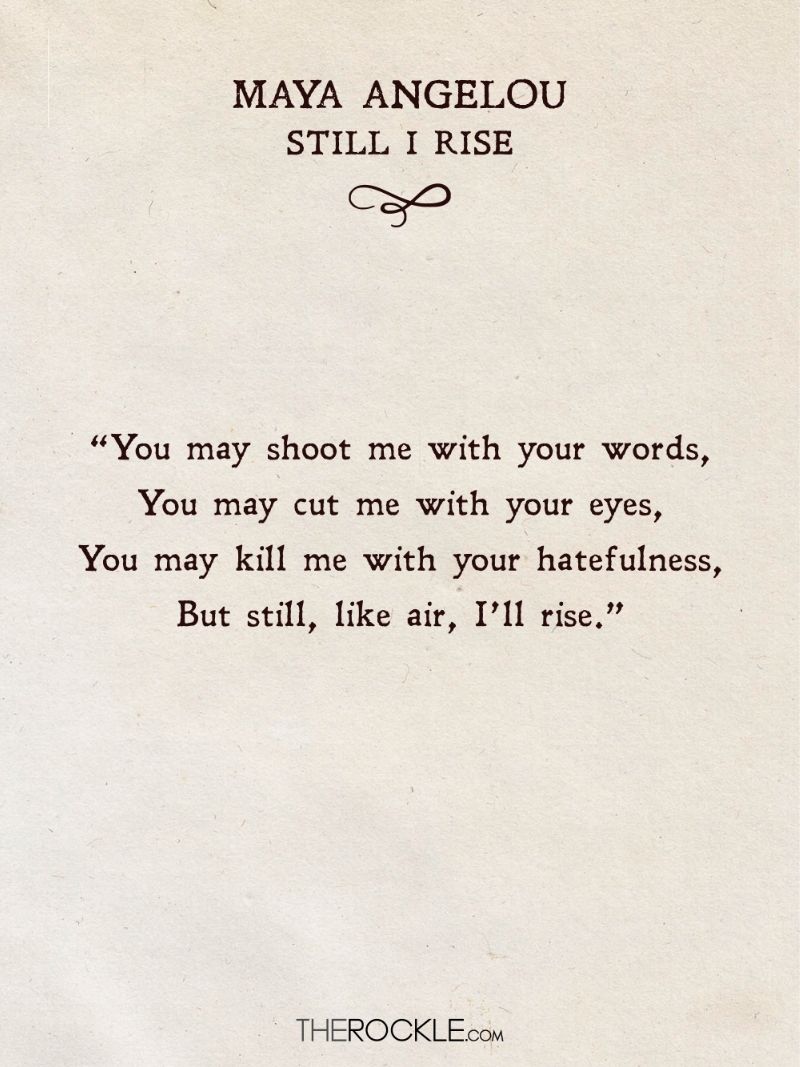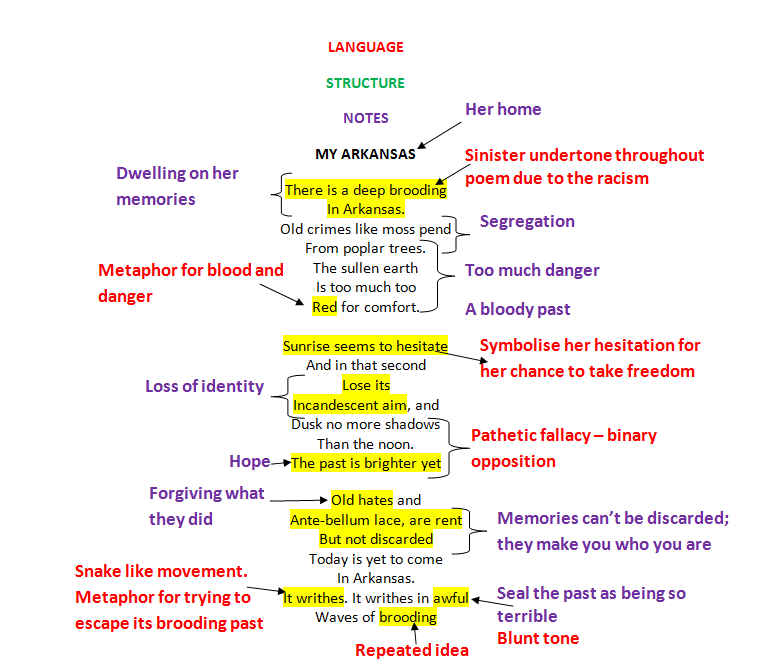

But more than that, they formed the foundation for a life dedicated to the rhetoric and practice of freedom, and the empowerment of others. When she spoke again, words had assumed a newly liberating place of power.

And I memorized.”Ĭole Haan "Maya Angelou (Director's Cut)" from Ben Hughes on Vimeo. So I learned to read and I read every book I could find. “And I thought if I spoke, my voice might just go out and kill anybody, randomly, and I stopped speaking for six years. “I thought my voice had killed the man,” she explained. When she told her family, the man was tried and convicted, but he turned up dead a few days later – a death Angelou believed was caused by her words. It goes back to her childhood, when a tragic and defining experience reshaped her life: At age 7, she was raped by her mother’s boyfriend. Its influence was felt as far as South Africa, where Nelson Mandela chose “Still I Rise” as his 1994 inauguration poem.īut the desire for freedom has always been a staple of Angelou’s output. The potent imagery of bloodstained wings beating against the “ cruel bars” of captivity captured the arresting power of racism, not just in America, but worldwide. Originally a hat tip to ideas expressed in Paul Laurence Dunbar’s “ Sympathy,” this trope became Angelou’s calling card, recurring in her poem “ Caged Bird,” her 1969 memoir I Know Why the Caged Bird Sings and her autobiography A Song Flung Up in Heaven (2002).įor black people, it was a metaphor rooted in identification. Like much of her work, it is woven through with the language of levitation, and the potent metaphor of the caged bird.

“Still I Rise” is an obstinate celebration. The ability to “rise,” repeatedly, from such depths was never a given, but the fruit of tremendous inner strength – something Angelou possessed in spades. These stanzas breathe with the brutalities leveled against black women as part of American routine. I am the dream and the hope of the slave. Perhaps no greater testament to this exists than her 1978 poem “ Still I Rise”:īringing the gifts that my ancestors gave, But hers survived it even flourished.ĭocuments of her struggle spoke to generations of admirers, yet despite their universality, they stayed rooted in singularities unique to her existence: Always distinctly black, and impossible to separate from her womanhood. The Jim Crow South – which raised and shaped her – held terrors so fathomless as to render anyone’s capacity for love inert. When Maya Angelou died Wednesday at age 86, she left behind a legacy of resilience.


 0 kommentar(er)
0 kommentar(er)
